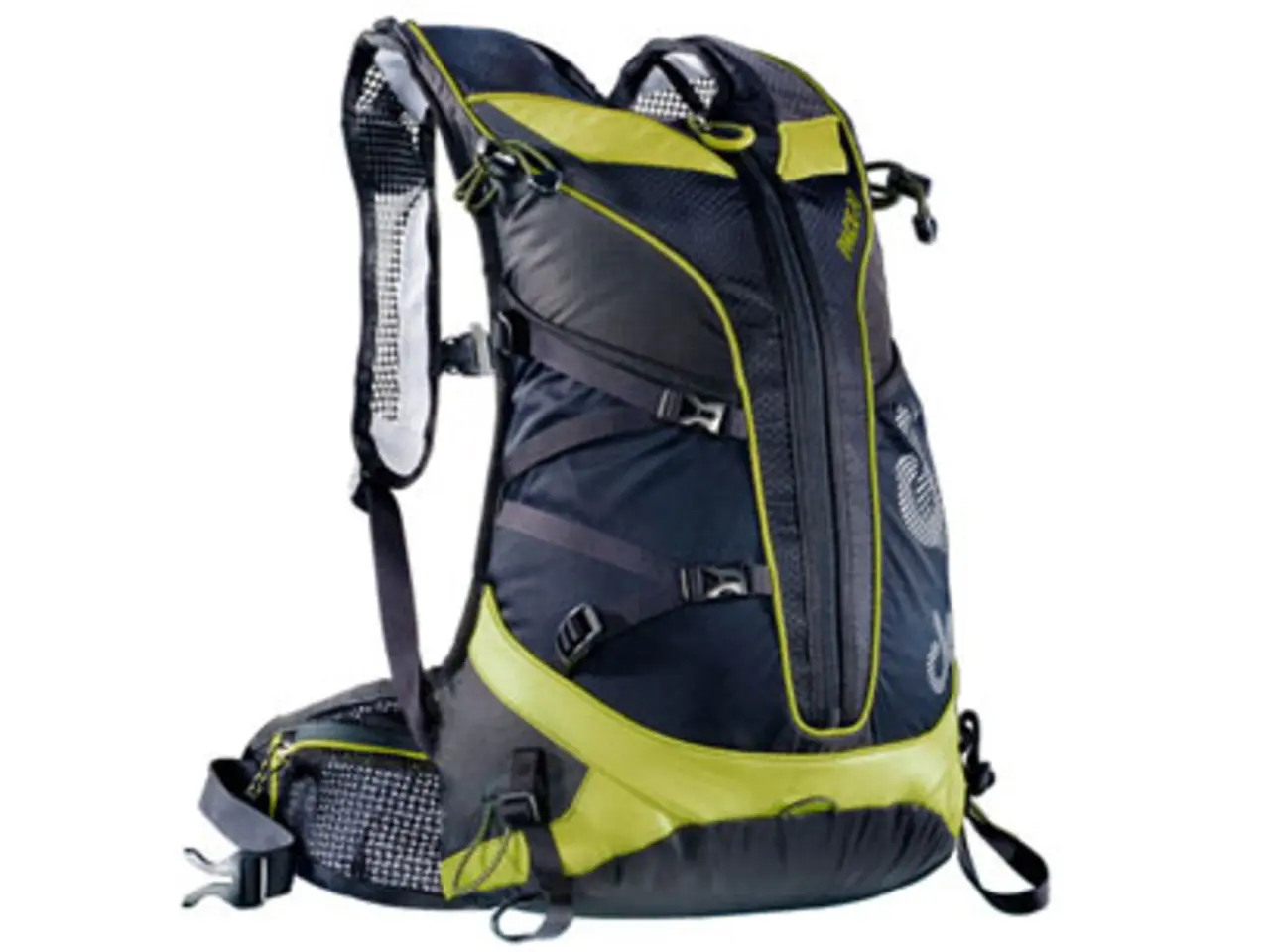Europe's Sizzling Summer: Crucial Information for Vacationers
Traveling Safely During Europe's Record-Breaking Heatwaves
As Europe experiences unprecedented heatwaves, it's crucial for travelers to take precautions to stay safe. Here are some key tips to help you navigate through the scorching temperatures.
Stay Informed and Plan Ahead
Before embarking on your journey, check government heat and travel advisories for the latest information about heat, closures, and local cooling resources. Monitor the weather closely and be prepared to adjust your plans based on the forecast [1][5].
Hydration and Heat Exposure
To combat the heat, drink plenty of water and avoid dehydrating beverages like alcohol and caffeine. Carry a water bottle to stay hydrated, and consider using cooling towels or personal fans [1]. If you experience heat exhaustion, move to a cool place, loosen your clothing, and slowly sip water. If symptoms worsen or last more than an hour, or if heat stroke is suspected, call for emergency medical help [6].
Choosing Your Destinations and Accommodations
When temperatures soar above 40°C, opt for indoor and air-conditioned places such as museums to stay cool. When booking lodging, verify that it has air conditioning and contact them to ensure it's working before leaving for your trip [4].
Strategic Clothing
To stay cool during travel, wear light-colored, breathable, lightweight, and loose clothes, and consider a wide-brimmed breathable hat [7].
Avoiding Peak Heat Hours
Avoid outdoor activities during the hottest parts of the day, typically between 3 pm and 6 pm. This is when temperatures are at their highest [8].
Preparing for the Unexpected
Travel insurance can help get your money back if a trip to Europe needs to be cancelled or rescheduled due to a heatwave or wildfires [9]. Keep a list of emergency numbers for each country you'll be visiting while traveling in Europe [10].
Climate Change and Heatwaves
As heatwaves become more common due to climate change, it's important to plan ahead and carefully structure your trip to keep you and your family safe during a European heatwave [11].
Impact on Popular Destinations
Popular European destinations, including France, Spain, Portugal, Italy, Greece, and others, are facing extreme heat, prompting countries to issue heat alerts. The heatwave has widespread effects across Europe, causing closures such as the Eiffel Tower's summit and power surges leading to blackouts [12]. Wildfires have even broken out in popular tourist spots like Crete, Greece, forcing evacuations [13].
Awareness and Prevention
Given that heatwaves in Europe have become more frequent and deadly, especially for older adults, preparation and awareness of local resources can reduce risks of heat-related illness or death [2][3]. Be aware that extreme heat can silently exacerbate health issues, so rest and avoid strenuous activities during peak heat times [3].
In summary, travelers should emphasize hydration, avoiding heat exposure especially midday, lodging with AC, and staying informed of government updates and local cooling facilities to stay safe during Europe’s record-breaking heat [1][4][5].
- To mitigate the impacts of climate change, it's essential to prioritize mental health and wellness, as heatwaves become more frequent, potentially leading to increased stress and anxiety during travel.
- Environmental science played a crucial role in predicting the record-breaking heatwaves in Europe, and keeping up-to-date with climate-change research can help travelers make informed decisions about their travel plans and be more prepared for extreme weather conditions.
- While travelers prioritize their health and wellness, it's equally important to consider the well-being of the environment, such as reducing carbon footprint through conscious lifestyle choices, to help combat climate change and contribute to sustainable travel.






